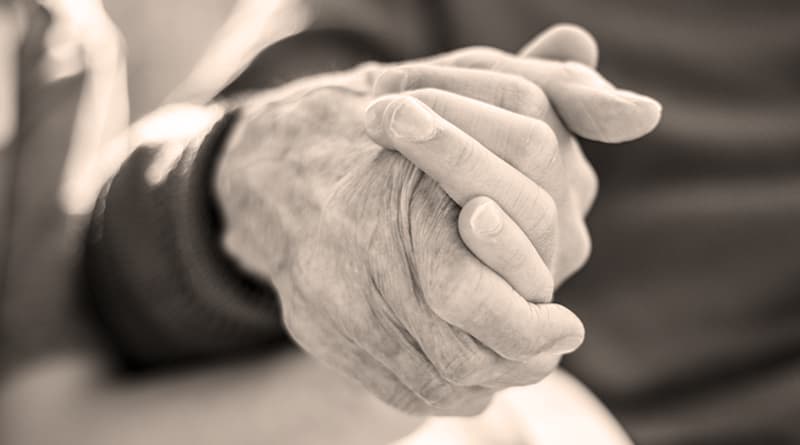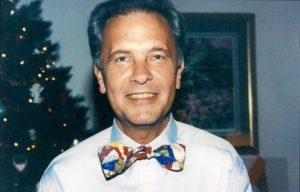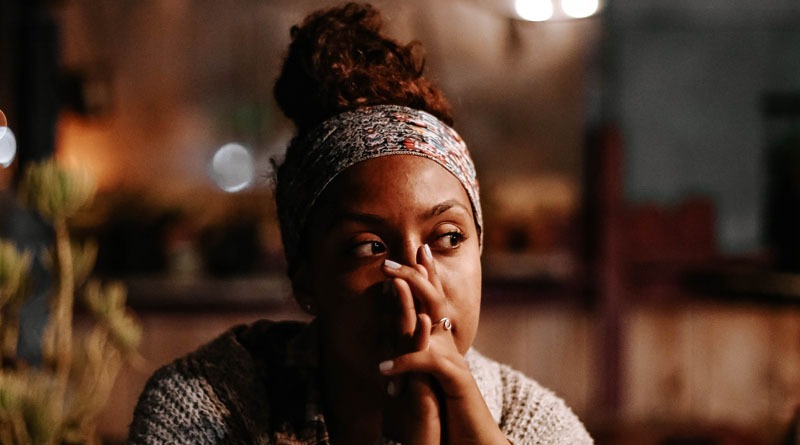
When Your Parent Has Parkinson’s
By Lisa Thomas McIntosh
Dr. Jim Thomas – My Dad, My Hero
Parkinson’s Disease may have taken his body, but it never took his amazing kindness and sense of humor. “Dr. Thomas was your father? I loved working with him.” At my dad’s memorial, I heard so many nurses and doctors tell me how much they loved my dad. Not only was he a talented anesthesiologist and Head of Cardiac Anesthesia, he was a caring, compassionate man with a wonderful sense of humor.
“He gave anesthesia to my infant son,” another person told me.
“When my patient was very unstable, your dad looked at me and said, ‘It’s okay. I’ve got him.’ I felt like everything was going to be okay,” an RN told me with tears in her eyes.
It’s hard to believe it’s been 12 years since I said goodbye to the most fantastic dad anyone could ask for. Diagnosed with PD in his 50’s, he retired from medicine. He didn’t want to be hindered in any way from providing his patients with the best possible care. But he never retired from embracing life.
My daughters were only 5 and 7 when he passed, but they still remember him. We lived close to my parents, and my dad adored his grandchildren. He played board games with them, asked them about their little lives, and loved them unconditionally. “Papa never whines,” my older daughter would tell me. It was true. Despite the physical hardships he endured, he maintained his sense of humor and love of life.
When Life Throws Us Curveballs
It was difficult watching my dad slowly become more and more affected by PD. I often felt it was so unfair, but then I remembered dad telling me, “Life’s not fair,” when I was growing up and grumbled about something out of my control. It wasn’t as though he wanted me to become cynical. He just wanted me to realize that despite our best efforts, we might not always get what we want.
Life throws us curveballs. It threw me one when my daughters were 2 and 4. I had just nursed them through walking pneumonia and stomach flu when I became ill. I “soldiered” on and was sure I would soon be well. I wasn’t. After 4 days of stomach flu, I went to the doctor with my husband. She took one look at me and said, “We have to get you to the hospital.” Luckily, the hospital was next door, and I was subsequently moved from ER to ICU. After spending 3 days in ICU, I was moved to a “regular” room where I spent the following 4 days. I’d never been away from my daughters, and it was a difficult experience. My doctor told me had I not been young and in good shape or had I waited another day, I would have died.
That curveball was extremely difficult but also proved to be a learning experience. My dad was having a hard time getting around at this point, but he hadn’t given up driving – yet. He came to visit me in the hospital by himself and with my mom. I remember one visit especially well. It was just the two of us. This was one of the few times I heard him sound discouraged. He had fallen on his way into the hospital. Maneuvering a walker when your brain isn’t sending the right signals to your body isn’t easy.
After he made it to my room, he sat down heavily in the chair. His knee was bleeding. I asked if he was okay, and he assured me he was fine. This from the man who had been a doctor in Vietnam and seen the ravages of war. The same man who smilingly told my sister and me, “You’ll live,” when we were hurt as children.
Then, he looked at me and said, “Sometimes, it sucks.”
“Yes, dad, it does,” I replied. Life truly isn’t fair.
Everday Miracles
Through his example, I saw that even though life is not always fair, there are still amazing, little miracles that happen each day. I watched as PD forced him to slow down, yet he found new ways to keep his mind active – like becoming a master bridge player. I saw him struggle to get around and still smile and make us laugh with his quick wit.
The day of his 69th birthday, we visited him in ICU. My last memory of dad is watching him laugh out loud at the story my husband told of our puppy’s antics on the way to the vet. Later that night, after we had gone home, he asked the nurse where his wife and daughters were. “They went home for a little bit,” she told him. She said he smiled, took a deep breath, and was gone.
A friend once told me I was lucky to have such a good father. It’s true – I was. It certainly makes each day without him harder to bear, but it also reminds me to enjoy life. I want to be the kind of person dad was – someone who truly left the world a better place.
Because my dad was alive, people persevered who had lost hope. People survived the jungles of Vietnam because dad was there to mend them. I had a truly happy childhood with a father who taught me what unconditional love is by being the embodiment of such love each day. My cousins were helped through college because my dad felt generosity was important. Debts were forgiven as gifts, because dad knew he had more than he needed. I was taken to places all over the world, because my dad remembered being one of five kids growing up in Michigan and dreaming of seeing the world. But he didn’t selfishly see it by himself – he shared his voyages with me. Some of my favorite memories of dad are our travels. Just to spend time with him was a true joy. To be somewhere lovely and exotic made it just a little more special.
Parents and Parkinson’s Disease
My advice to anyone whose parent has recently been diagnosed with PD or has been struggling for years with the disease would be to embrace every moment as a gift and a miracle. I know it sounds cliche, but right now is all we truly have. Try not to be discouraged by the way the disease robs your loved one of their physical strength and independence. Focus instead on what you love about your parent, and help them to see that you love them for who they are. Spend time talking with them. Do what they love to do, and help them to find outlets that bring joy to their souls. Yes, it is truly heartbreaking to watch someone you love become physically less than what they were, but the person you love is still there. They need you – be there for them.





